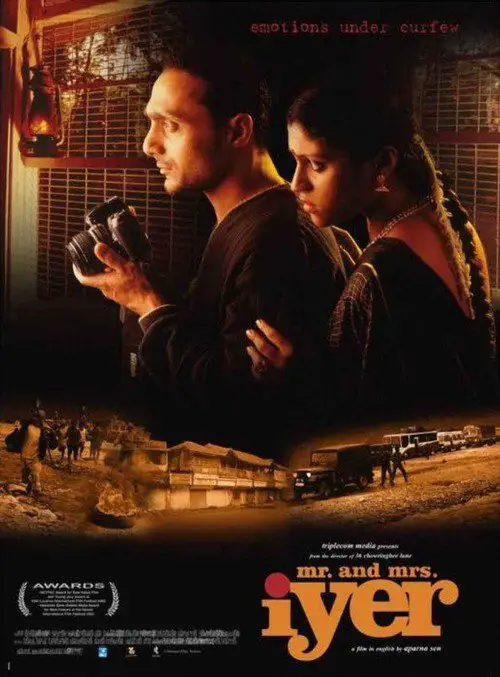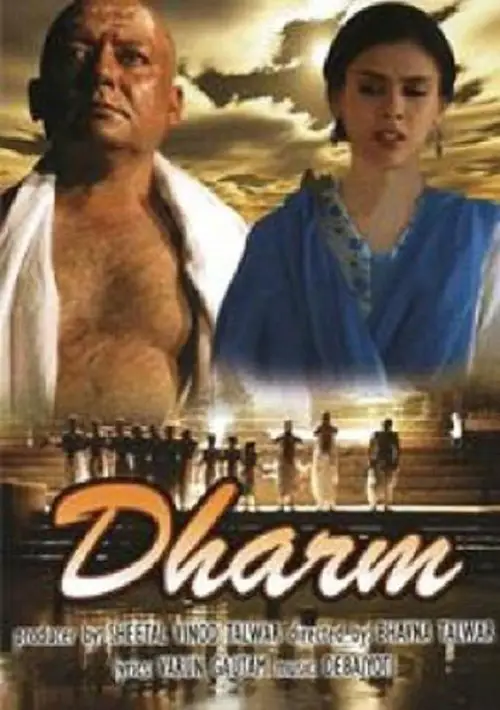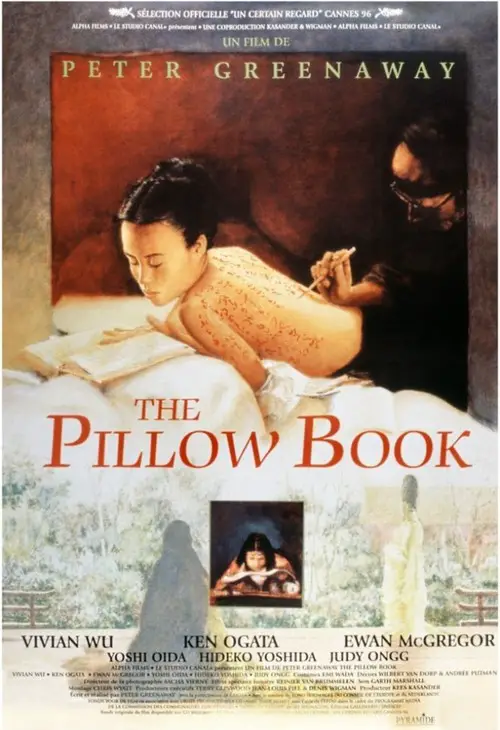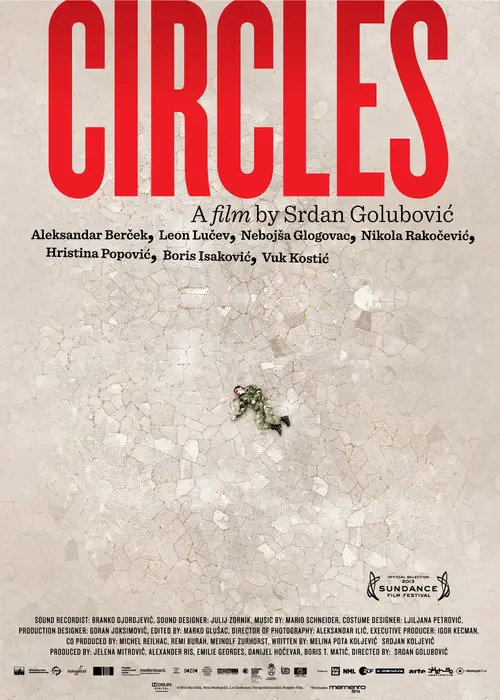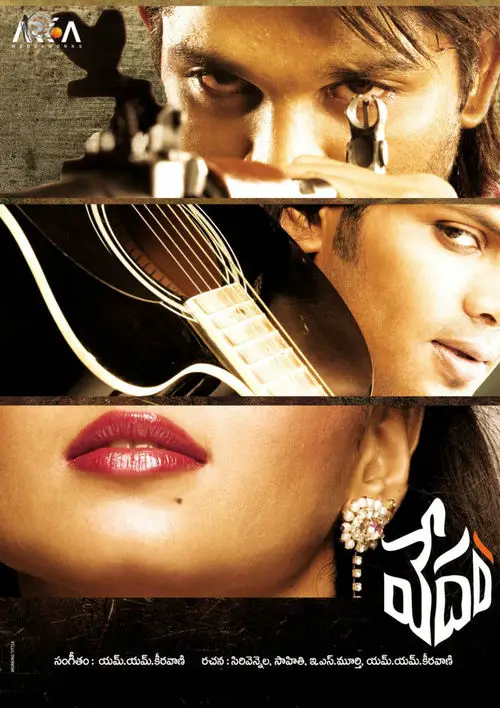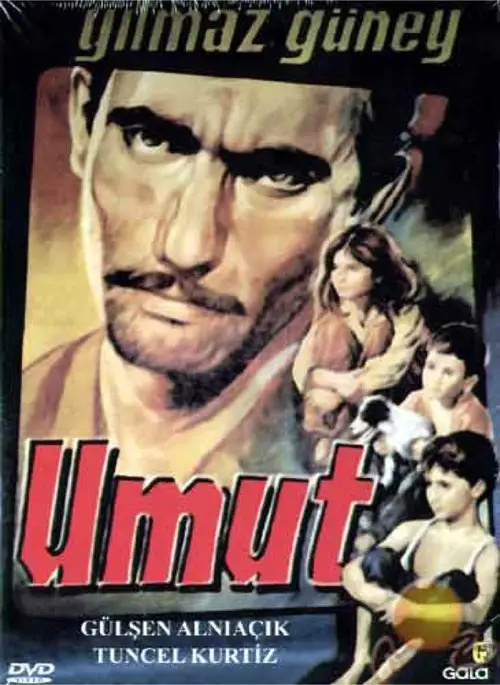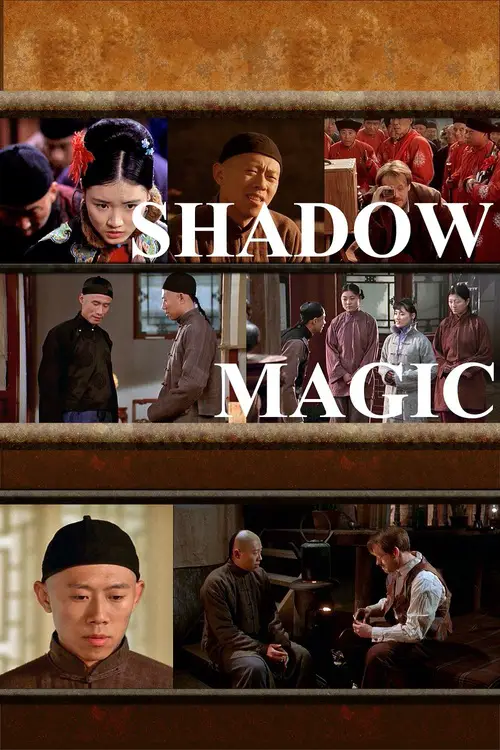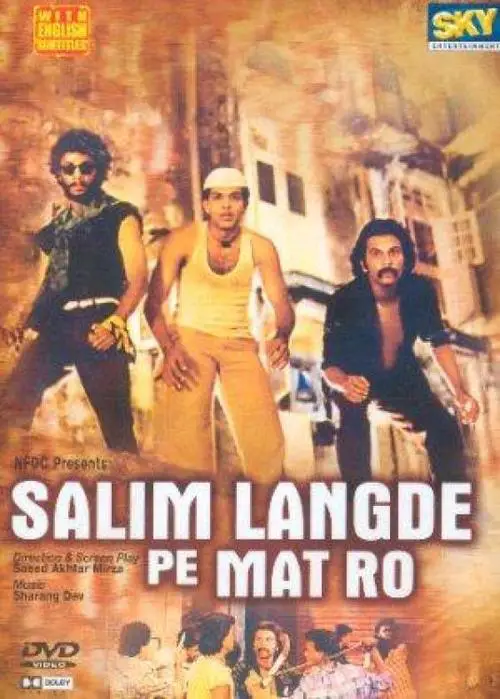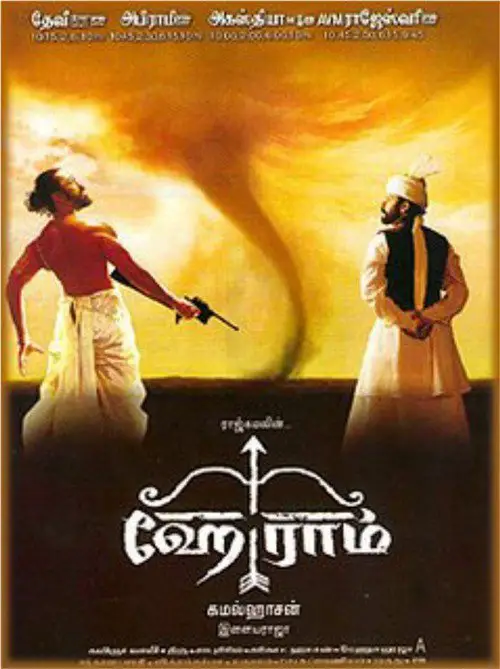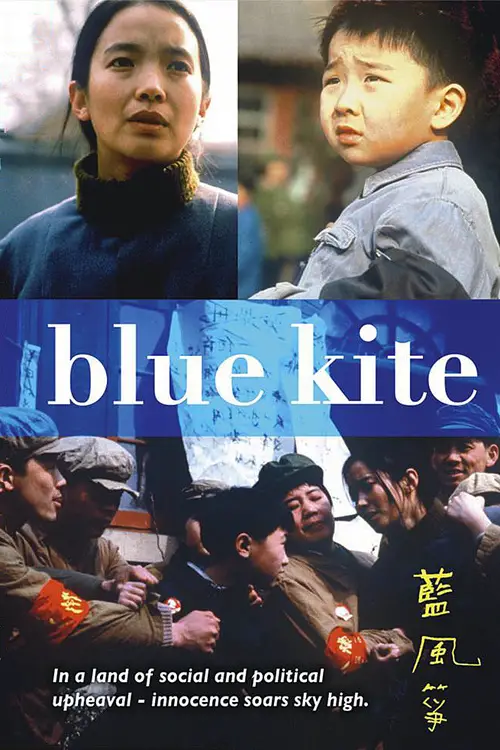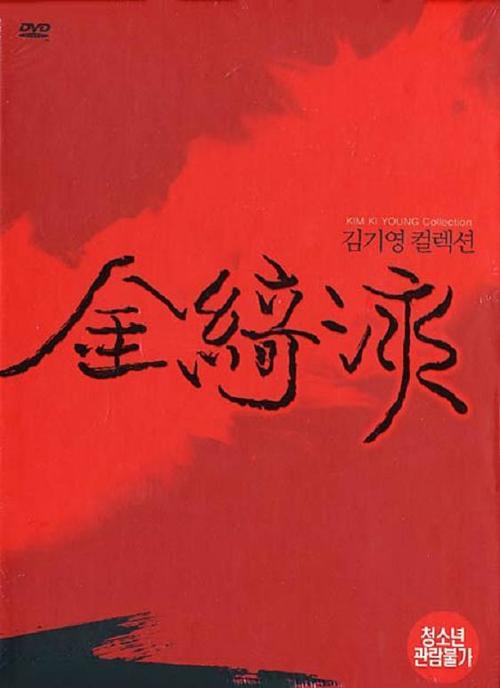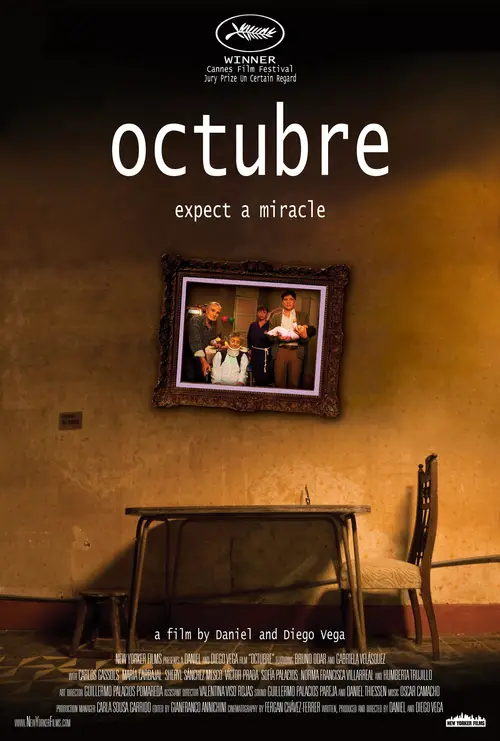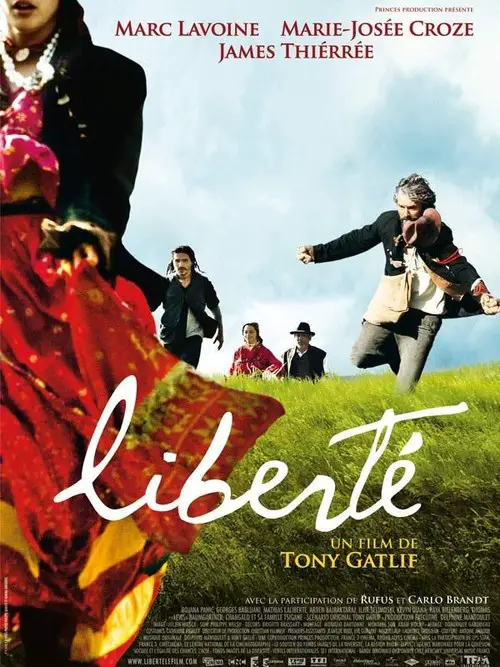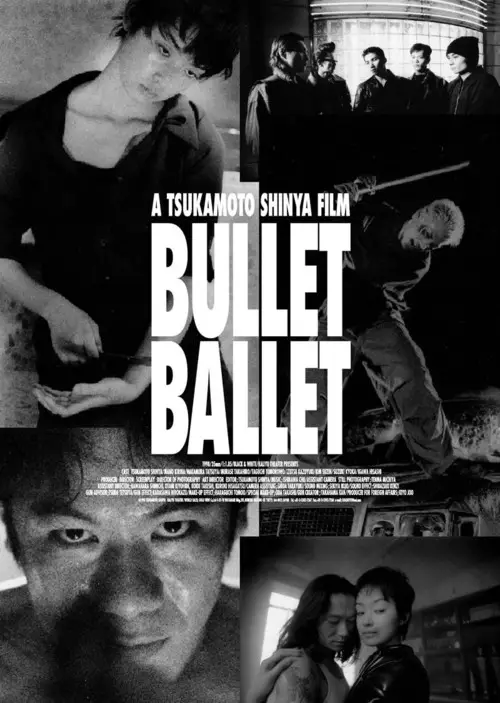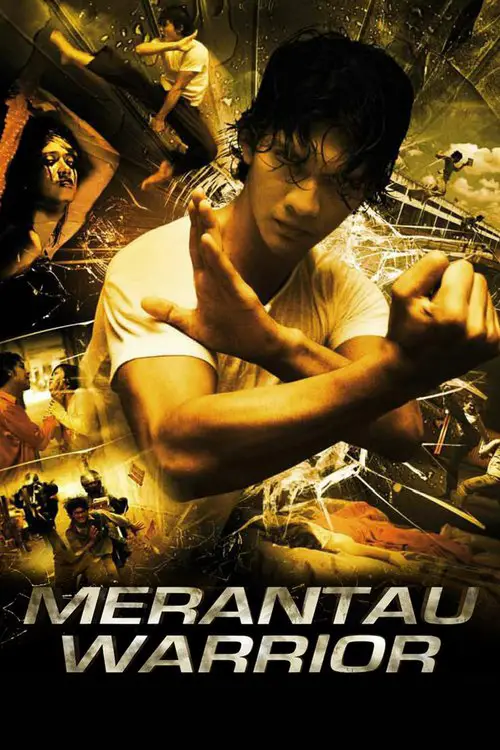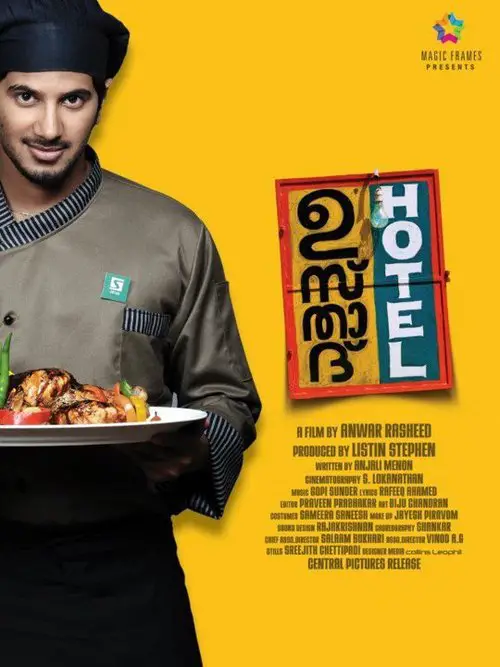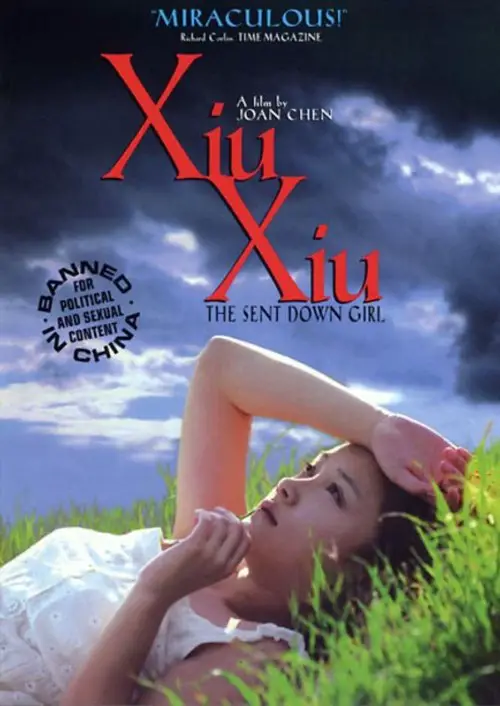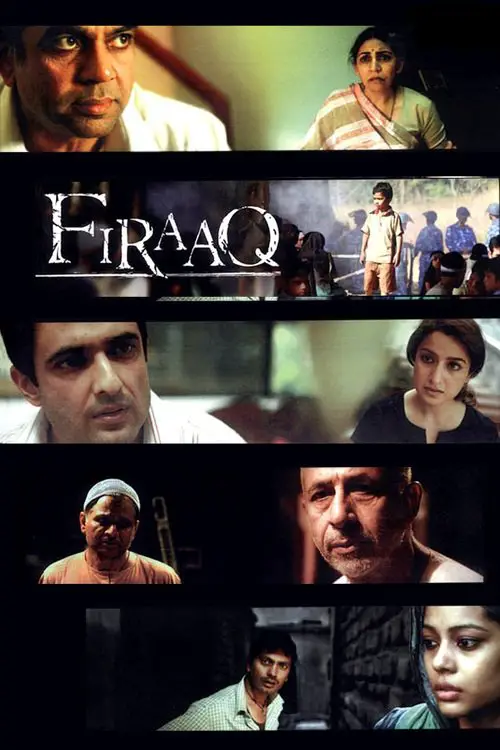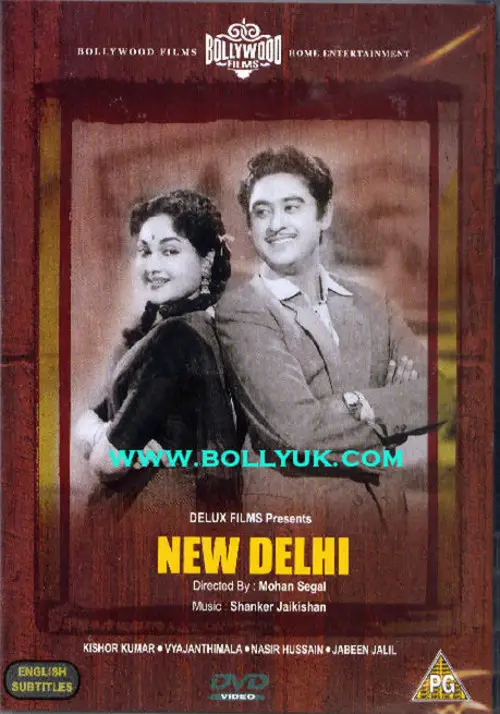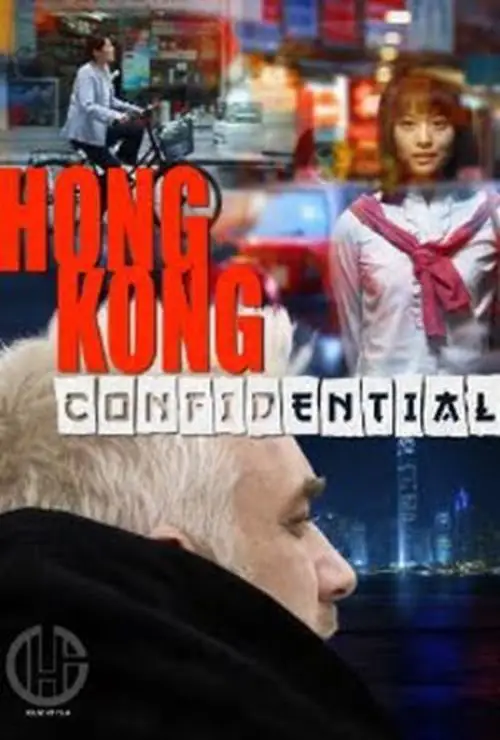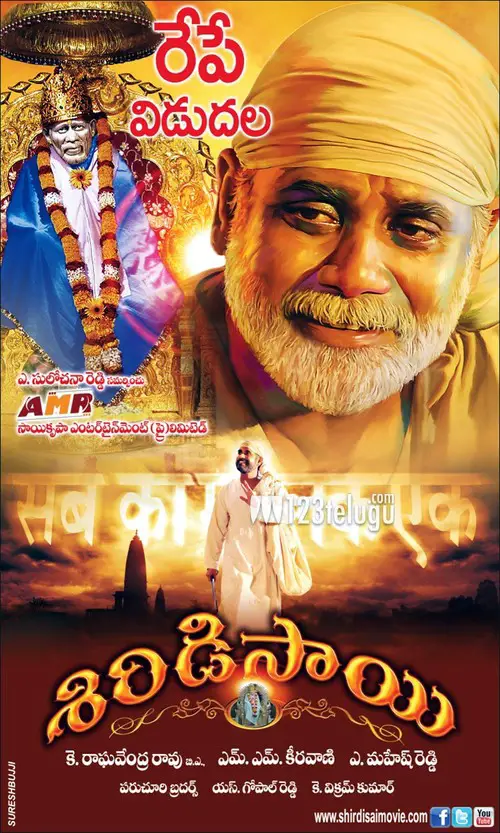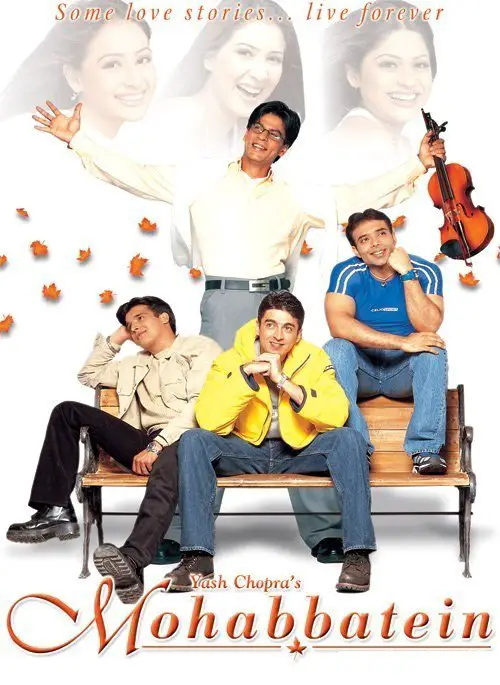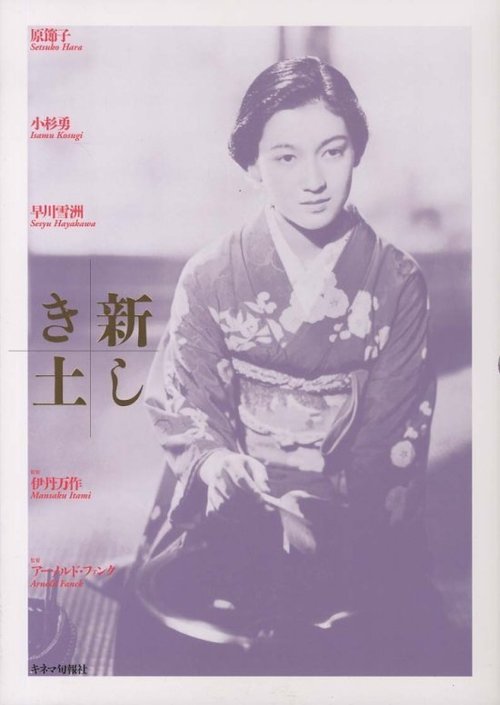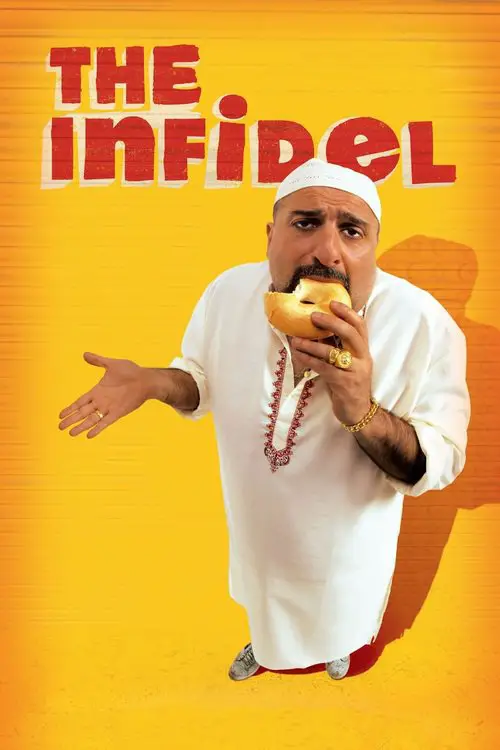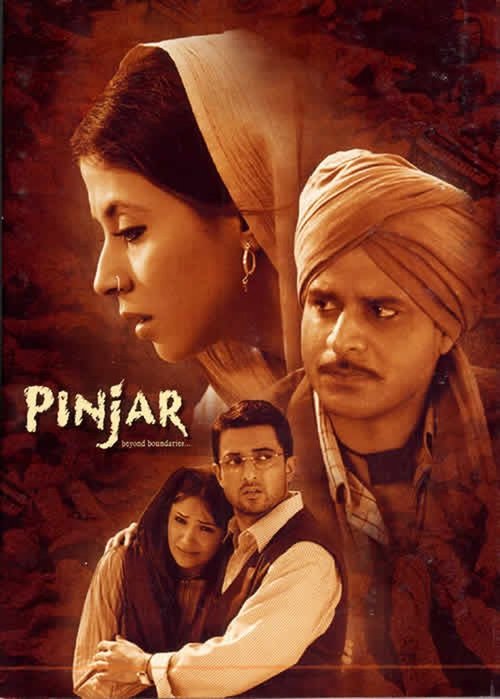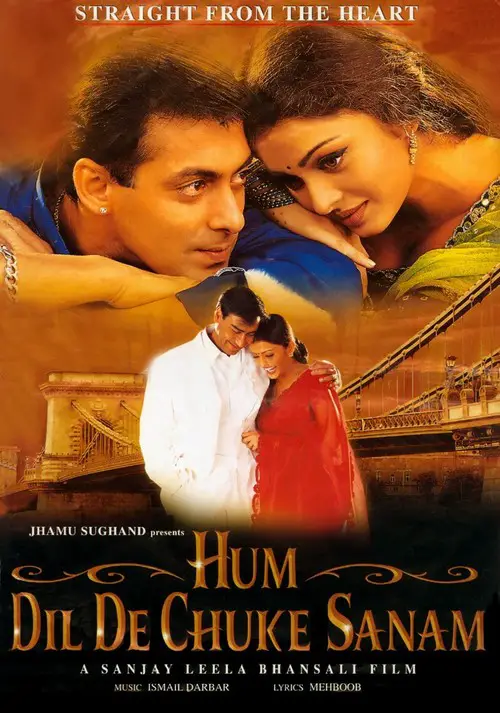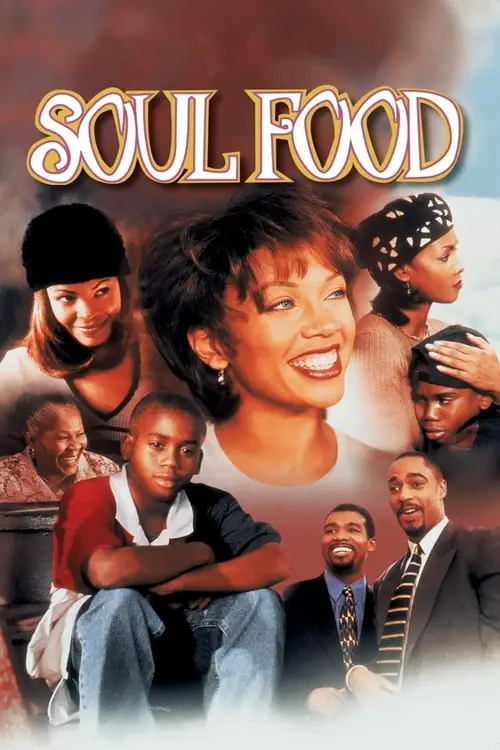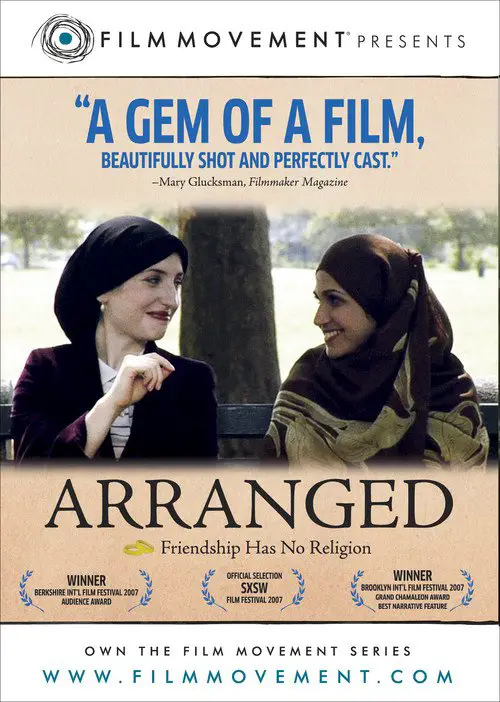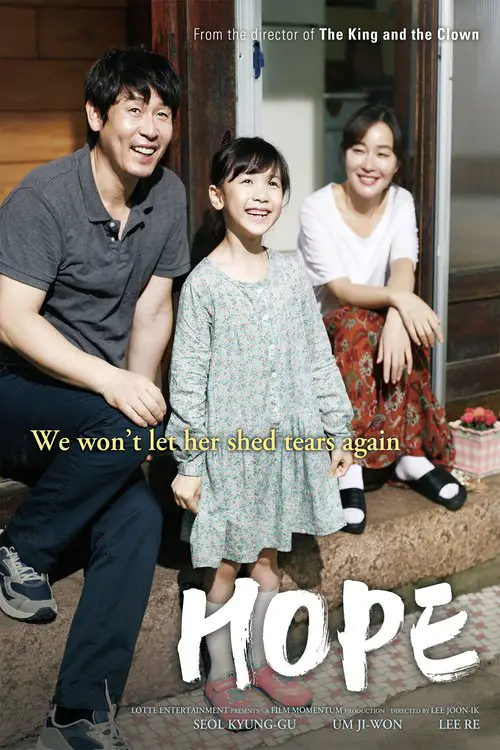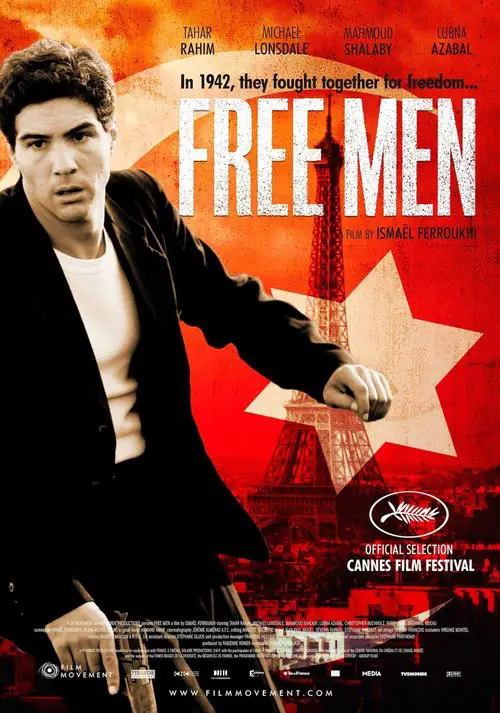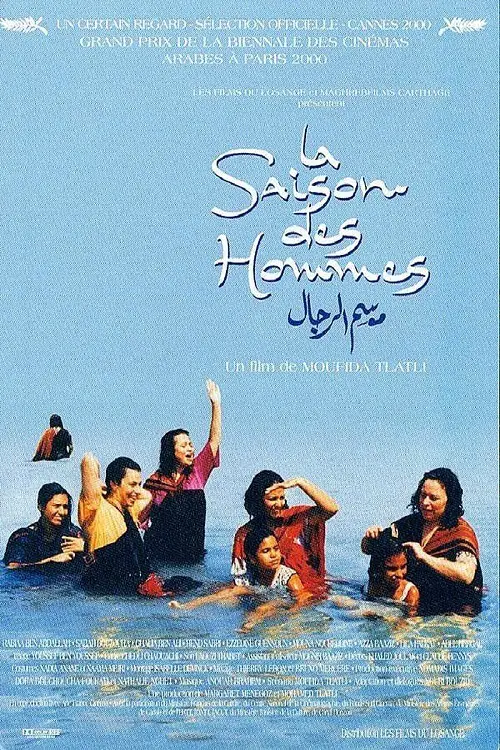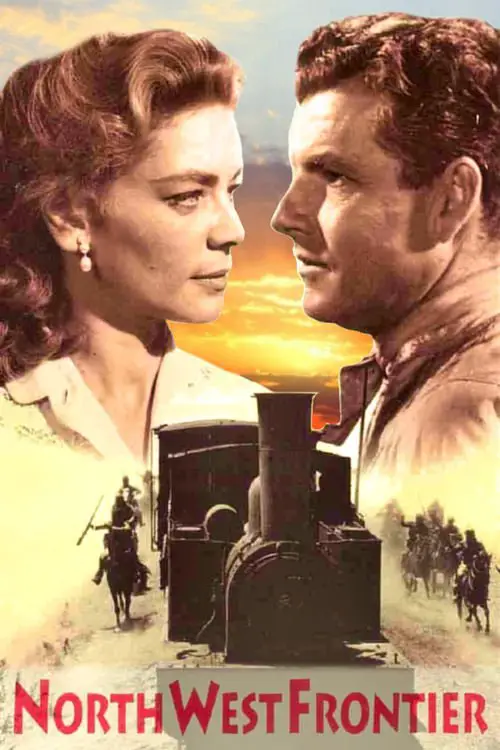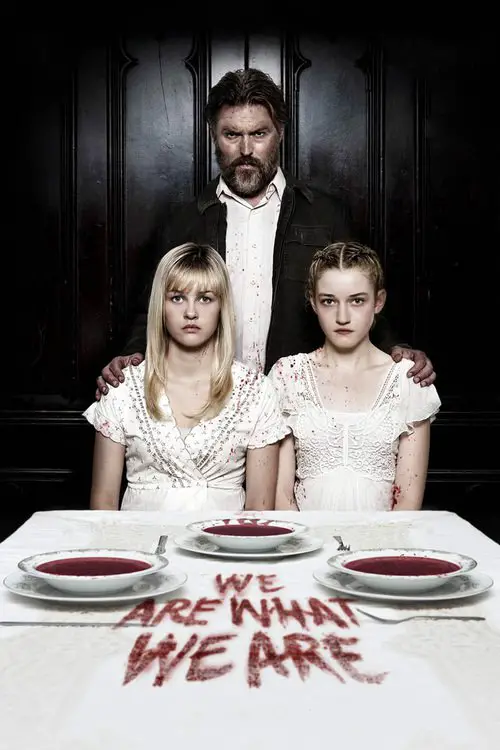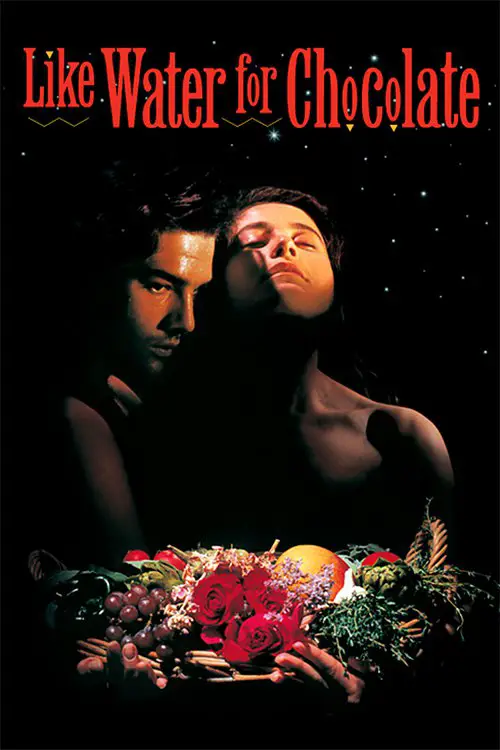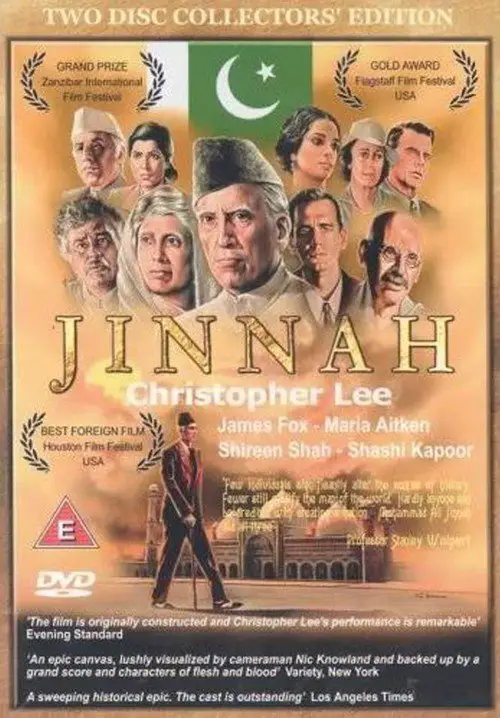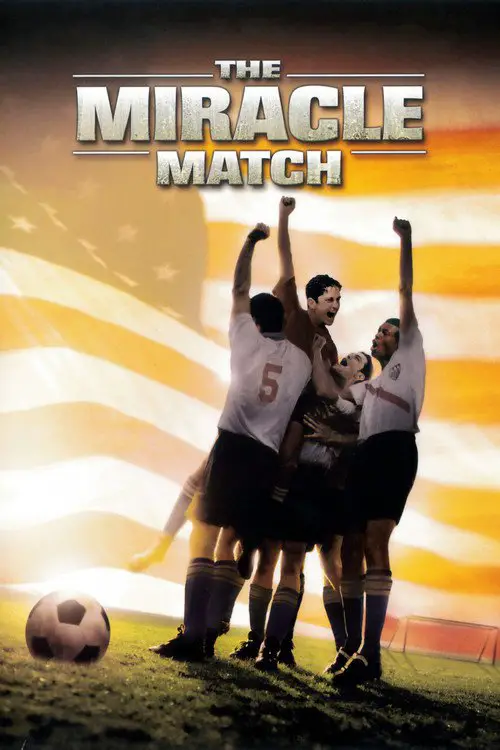The Clay Bird (2002)
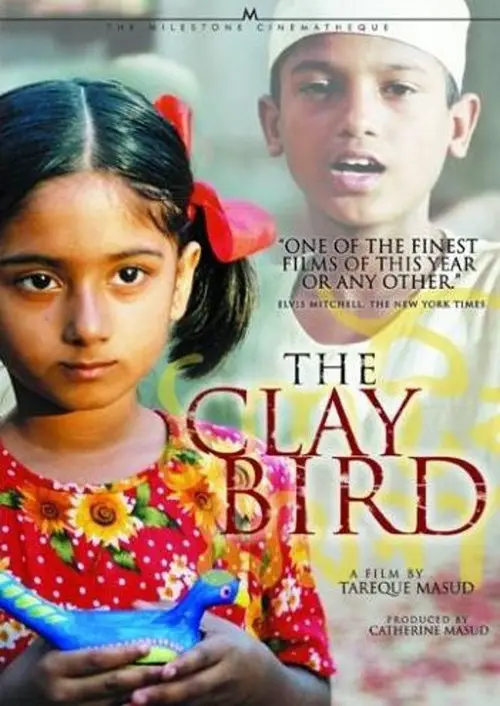
Similar movies
An aged father and his younger, mentally challenged son have been working hard every day to keep the bathhouse running for a motley group of regular customers. When his elder son, who left years ago to seek his fortune in the southern city of Shenzhen, abruptly returns one day, it once again puts under stress the long-broken father-son ties. Presented as a light-hearted comedy, Shower explores the value of family, friendship, and tradition.
A bus is setting out to Calcutta from a village in West Bengal. Meenakshi Iyer, who is from a strict orthodox Hindu background, is leaving to Chennai for her husband, with her young child, after the vacation with her parents. By chance, she gets a co-passenger who is also to Chennai, Rajah, a photographer, introduced by one of the friends of her father. During the journey they build a good relationship. But a Hindu-Muslim communal riot sets out in the meantime, in some areas they had to travel. Then she comes to face the fact that Rajah is not a Hindu but a Muslim whose real name is Jehangir. Even though she curses herself at that time while some Hindu fanatics evade their bus she saves him introducing as Mr. Iyer. But they have to reach their destination while the other passengers know Rajah as no one else but Mr. Iyer.
The story is based in Banaras and is about a Hindu Priest Chaturvedi (Pankaj Kapoor) who follows the scriptures to practice Hindu religion. When a child is abandon by a woman and brought in his house by his daughter - after initial hesitation but due to requests from his wife (Supriya Pathak) - the family adapts the child; only to know after 4 years that the child is a Muslim. The family gives away the child and Chaturvedi engulfs himself in the purification process to cleanse his body, mind and soul due to contact with a Muslim soul. By the time, Chaturvedi thinks he is fully purified â the child reappears â seeking refuge, due to Hindu- Muslim riots. This is the time Chaturvedi finally realizes that the true religion is - religion where humans help humans â humanity.
Circles (Serbian: Krugovi) is a Serbian movie based on the true story of a Serbian soldier who risked his life to protect a Muslim civilian during the war in Bosnia. During the war in Bosnia in 1993, a Serbian soldier pays for his life after protecting a Muslim civilian from being attacked by three other soldiers. 15 years later, the consequences of this act of heroism are still having their repercussions.
"Umut" is the story of an illiterate man and his family, whose existence depends on his income as a horse cab driver. When one of his horses is killed by an automobile, and when it is clear that neither justice nor charity will prevail, the man, played by Güney, begins a slow slide into despair. On the advice of a local holy man, and fuelled by an indefatigable optimism, he sets out into the desert in quest of a mythical lost treasure, slipping further and further into that final, ineluctable moment where hope itself becomes the last terrible delusion.
Jim Brannigan is sent to London to bring back an American mobster who is being held for extradition but when he arrives he has been kidnapped which was set up by his lawyer. Brannigan in his American Irish way brings American law to the people of Scotland Yard in order to recapture this mobster with both a price tag on his head and a stuffy old London cop to contend with.
The movie is set in the remote chinese province of Fenyang, and spans the turbulent 1980s by following four performers in the state-run Peasant Culture Group. We see the group evolve from workers that are restricted to approved revolutionary classics that praise Chairman Mao, through performance of western classics, after china adopts an 'open door' policy, and the effects on their lives.
Beijing, 1902: an enterprising young portrait photographer named Liu Jinglun, keen on new technology, befriends a newly-arrived Englishman who's brought projector, camera, and Lumière-brothers' shorts to open the Shadow Magic theater. Liu's work with Wallace brings him conflict with tradition and his father's authority, complicated by his falling in love with Ling, daughter of Lord Tan, star of Beijing's traditional opera. Liu sees movies as his chance to become wealthy and worthy of Ling. When the Shadow Magic pair are invited to show the films to the Empress Dowager, things look good. But, is disaster in the script? And, can movies preserve tradition even as they bring change?
The film is about the difficult situation in which the Pakistanis in particular and the Muslims in general are caught up since 9/11. There is a war going on between the Fundamentalists and the Liberal Muslims. This situation is creating a drift not only between the Western world and the Muslims, but also within the Muslims. The educated and modern Muslims are in a difficult situation because of their approach towards life and their western attire. They are criticized and harassed by the fundamentalists and on the other hand the Western world sees them as potential suspects of terrorism just because of their Muslim names.
Determined to leave the ravages of war behind, 38 year old Gian Singh resigns from the British Indian Army to a quiet life. His world is soon thrown in turmoil, when he suddenly finds himself responsible for the life of a 17 year old girl, traumatized by the events that separated her from her family.
Salim has been born lame, and lives with his mom, dad, and a sister who is old enough to be married. He and his dad search around for a suitable groom for her, and he meets Aslam. Salim rejects Aslam, as Aslam is not making enough wages that are commensuerate with his qualifications. Salim meets with some gangsters, who promise him that they will make him rich soon, and all he has to do is incite religious riots, pitting Hindus against the Muslims, and he will be well rewarded. Salim has always wanted to be rich, but will he take this opportunity to be wealthy
Hundreds of years ago in Lapland, a little boy named Nikolas loses his family in an accident. The villagers decide to look after the orphaned boy together. Once a year - at Christmas - Nikolas moves to a new home. To show his gratitude, Nikolas decides to make toys for the children of the families as good-bye presents. Over the years, Nikolas's former adoptive families become many, and soon almost every house has presents on its doorstep on Christmas morning. At thirteen, Nikolas is sent to live and work with Iisakki, a grumpy old carpenter, who forbids Nikolas to continue making presents for Christmas. Gradually, however, Nikolas wins Iisakki's trust. Together they begin to look after the Christmas traditional that Nikolas has begun. When the aged Iisakki has to leave Nikolas and move away, the tradition of Christmas presents is once again at risk. Thankfully, Nikolas comes up with a solution that brings children joy every Christmas, even continuing to today.
Shortly after 1800 hours, 11 July 2006, Mumbai was shattered by seven bomb blasts on Western Railway stations: Matunga, Mahim, Khar, Bandra, Jogeshwari, Borivali, and Bhayandar. It took the Police and ambulance over an hour to attend at various sites. This incident changes lives of Thomas, originally from Chennai, who sells tea from his bike; Rupali Joshi, a TV News reporter, who has to deal with the death of her to-be spouse, Ajay Kumar Pradhan; Suresh, in debt, starts to suspect all Muslims, especially Yusuf; Inspector Tukaram Patil, about to retire, goes about collecting bribes as usual, much to the chagrin of his embittered, honest and soon to-be suspended subordinate, Sunil Kadam; while Nikhil Agarwal, a Nationalist and environmentalist, debates whether he should re-locate to the United States, along with his pregnant wife, Sejal.
A Jewish ghetto in the east of Europe, 1944. By coincidence, Jakob Heym eavesdrops on a German radio broadcast announcing the Soviet Army is making slow by steady progress towards central Europe. In order to keep his companion in misfortune, Mischa, from risking his life for a few potatoes, he tells him what he heard and announces that he is in possession of a radio - in the ghetto a crime punishable by death. It doesn't take long for word of Jakob's secret to spread - suddenly, there is new hope and something to live for - and so Jakob finds himself in the uncomforting position of having to come up with more and more stories.
Pretty Village, Pretty Flame (Serbian: Lepa sela lepo gore) is a 1996 Serbian film directed by Srdan Dragojevic that gave uniquely bleak yet darkly humorous account of the Bosnian War. It is considered a modern classic of Serbian cinema.[citation needed] Almost 800,000 people went to see the movie in cinemas across Serbia. This equates to approximately 8% of the total country's population at the time of the film's release. The plot, inspired by real life events that took place in the opening stages of the Bosnian War, tells a story about small group of Serbian soldiers trapped in a tunnel by a Muslim force. The film's screenplay is based on an article written by Vanja Bulic for Duga magazine about the actual event. Through flashbacks that describe the pre-war lives of each trapped soldier, the film describes life in former Yugoslavia and tries to give a view as to why former neighbours and friends turned on each other.
On Dry Well Lane in Beijing in 1953, Chen Shujuan and Lin Shaolong marry. A year later their son, nicknamed Tietou (Iron Head), is born. The Party is everywhere: Mao's photograph, loud-speaker announcements, visits from the neighborhood committee. Shaolong dies in a reform camp; a close family friend, who protects Shujuan and her son partly out of guilt for lying to authorities about Shaolong, succumbs to malnutrition; a confrontation with the Red Guard leads to injury, imprisonment and death. Shujuan's love for Tietou sustains her, and the child's blue kite embodies hope: "I can make another for you," says Tietou's dad; by the end, Tietou promises this to a small child.
Clemente, a moneylender of few words, is a new hope for SofÃa, his single neighbor, devoted to the October worship of Our Lord of the Miracles. They're brought together over a new-born baby, fruit of Clemente's relationship with a prostitute who's nowhere to be found. While Clemente is looking for the girl's mother, SofÃa cares for the baby and looks after the moneylender's house. With the arrival of these beings in his life, Clemente has the opportunity to reconsider his emotional relations with people
A Gypsy family travels the French roads during the Second World War, followed by Little Claude, a young boy seeking a new family after his parents "left and never returned". Upon reaching a town where they traditionally stop for a few months and work in vineyards, they learn that a new law forbids them from being nomadic. Theodore, the town's mayor, and Miss Lundi, the schoolteacher, protect and help the Gypsies. Despite this, They are arrested and placed in an internment camp. Theodore manages to rescue them and gives them a piece of property where they must settle. But the Gypsies' deeply ingrained thirst for freedom makes this sedentary lifestyle difficult to bear. After Theodore and Miss Lundi are arrested for resistance, the Gypsies decide they must get back on the move in order to remain free.
In Minangkabau, West Sumatera, Yuda a skilled practitioner of Silat Harimau is in the final preparations to begin his "Merantau" a century's old rites-of-passage to be carried out by the community's young men that will see him leave the comforts of his idyllic farming village and make a name for himself in the bustling city of Jakarta.
Ustad Hotel is a quaint place run by a foodie named Kareem, who is fondly called Ustad, on a beach in Kozhikode. He sells biriyani â not to make money but to ensure that his biriyani has his customers Faizie's stay in Kozhikode continues for a bit longer than what he had anticipated and during his stay with his grandfather, Faizie unearths a real world that exists beyond the sea and its shores. The film is about the bonding between Faizi and his grandfather and how a few days with his grandfather and Ustad Hotel changes his life for ever.
Firaaq is an Urdu word that means both separation and quest. The film is a work of fiction, based on a thousand stories. The story is set over a 24-hour period, one month after a campaign that took place in Gujarat, India, in 2002. It traces the emotional journey of ordinary people- some who were victims, some perpetrators and some who choose to watch silently.
"Le Grand Chef 2" begins with the Korean president visiting the Japanese Prime Minister and becoming involved in a heated debate over the origins of kimchi. The Japanese Prime Minister makes the bold claim that kimchi is an original Japanese dish which sets off the Korean president. Upon the Korean's president return home he sets upon a globalization plan for kimchi, which includes a nationwide "Kimchi Contest". Then, a lady named Jang-eun (Kim Jung-Eun) and her step-brother Sung-Chan (Jin Goo) compete in the Kimchi dish contest, with both siblings using their mother's kimchi recipe.
Complications, impersonations and moral dilemmas arise when a Punjabi pretends to be a Tamil in order to obtain accommodation in New Delhi. An eloquent and entertaining plea for national unity that manages to showcase several cultural traditions whilst encouraging people to laugh both with and at each other.
Amélie, a young Belgian woman, having spent her childhood in Japan, decides to return to live there and tries to integrate in the Japanese society. She is determined to be a "real Japanese" before her year contract runs out, though it precisely this determination that is incompatable with Japanese humility. Though she is hired for a choice position as a translator at an import/export firm, her inability to understand Japanese cultural norms results in increasingly humiliating demotions. Though Amelie secretly adulates her, her immediate supervisor takes sadistic pleasure in belittling her all along. She finally manages to break Amelie's will by making her the bathroom attendant, and is delighted when Amelie tells her the she will not renew her contract. Amelie realizes that she is finally a real Japanese when she enters the company president's office "with fear and trembling," which could only be possible because her determination was broken by Miss Fubuki's systematic torture.
In India, open romance is forbidden, as is showing affection in public. A college principal named Narayan is a strong believer in this, aware that a male student named Vicky is in love with Ishika; while another male student is hopelessly in love with Sanjana; and a third man named Karan is in love with a married woman named Kiran. No amount of persuasion can get Narayan to change his mind. Then the college recruits a music teacher named Raj, who eventually starts fanning the flames of love among the students, much to Narayan's chagrin, anger, and displeasure. Things get worse when Narayan finds out that Raj was the very man who fell in love with his daughter who eventually committed suicide when he didn't grant them permission to get married. Will the six young people be also heartbroken by Narayan, and if so, who will be the first to kill himself or herself?
At the invitation of the Japanese Ministry of Education, the former âmountain filmerâ Fanck directed this âcultural feature filmâ with Japanese actors in Japan, making this the first, German-Japanese co-production. The young Japanese man Teruo gets caught up in a conflict between tradition and modernism, when he returns to Japan from Germany after having spent a number of years there studying. Now, he is supposed to marry Mitsuko, the daughter of his adoptive father, to whom Teruo has long been promised. But Teruo, who has gotten to know the freedoms of the western world, would rather marry the woman he loves and behaves brusquely to Mitsuko.
Based in a London suburb Mahmud Nasir lives with his wife, Saamiya, and two children, Rashid and Nabi. His son plans to marry Uzma, the step-daughter of Egyptian-born Arshad Al-Masri, a so-called 'Hate Cleric' from Waziristan, Pakistan. Mahmud, who is not exactly a devout Muslim, he drinks alcohol, and does not pray five times, but does agree that he will appease Arshad, without whose approval the marriage cannot take place. Shortly thereafter Mahmud, while going over his recently deceased mother's documents, will find out that he was adopted, his birth parents were Jewish, and his name is actually Solly Shimshillewitz.
Indian-based traditional family of Pundit Darbar (Vikram Gokhale) gets a visit from Sameer Rafilini (Salman Khan), from Italy, who has come as a pupil to learn music and singing. Darbar and his family accept him. Sameer meets Nandini (Aishwarya Rai), Darbar's daughter, and both fall in love. But Darbar wants Nandini to wed Vanraj (Ajay Devgan), and has Sameer swear that he will leave India.
A simple story of a God fearing, devout Muslim mechanic named Hasmat Ullah who has been entrusted the job of repairing an old V8 ford engine, not knowing the historic significance that it once carried the ashes of Mahatma Gandhi which were immersed in the holy river Sangam. He is caught in a complex situation after a powerful bomb explosion rocks his town leading to the arrest of innocent Muslim youths of his locality. A strike to work is called by the prominent Leaders of his community to protest against the unjust treatment meted out to those arrested youths by the police. Will he support the protest and abandon the repair of the engine or go against the wishes of his community. Thus begins his journey.
Traditional Sunday dinners at Mama Joe's (Irma P. Hall) turn sour when sisters Teri (Vanessa L. Williams), Bird (Nia Long) and Maxine (Vivica A. Fox) start bringing their problems to the dinner table in this ensemble comedy. When tragedy strikes, it's up to grandson Ahmad (Brandon Hammond) to pull the family together and put the soul back into the family's weekly gatherings. Michael Beach, Mekhi P
ARRANGED centers on the friendship between an Orthodox Jewish woman and a Muslim woman who meet as first-year teachers at a public school in Brooklyn. Over the course of the year they learn they share much in common - not least of which is that they are both going through the process of arranged marriages.
Inspired by a horrifying case of child rape in South Korea, Hope brings a fresh approach to a difficult subject matter, and by focusing on the victimâs recovery, ultimately delivers technically flawless feel-good human drama, guided by the steady hand of producer-director Lee Joon-ik (King and the Clown). The filmâs breakthrough performance comes from Lee Re (7 at the time of filming), as the 8-year-old victim who is considerably more mature in many respects than her elders. The real-life event, known as the Na-yeong Case, took place in December 2008. It also involved an 8-year-old girl, and the serial offender getting off lightly with a 12-year sentence that sparked public outrage.
In Paris during WWII, an Algerian immigrant is inspired to join the resistance by his unexpected friendship with a Jewish man. Based on not very known facts about the Muslim community in Paris during WWII, when the Paris Mosque and its dynamic leader played a pivotal role in supporting the resistance and rescuing Jews.
Monsieur Ibrahim is a story about a young Jewish boy in Paris who meets an old Muslim Turkish grocery store owner. The film touches the themes of friendship and love as the old man is a father figure to the boy as he teaches him of the Koran. The film is based on a book of the popular book by the French author Eric-Emmanuel Schmitt.
Tariq Ali, a Muslim police officer of Scotland Yard, is asked to hunt-down suspected suicide-bombers against the backdrop of July 7 bombings in London. Tariq's task gets complicated as an innocent Muslim is killed by the commando shooters of Scotland Yard. On the other hand, Tariq - a British citizen is himself a suspect in the eyes of his boss, despite his long service in the Scotland Yard
Tita and Pedro are passionately in love. But their love is forbidden by an ancient family tradition. To be near Tita, Pedro marries her sister. And Tita, as the family cook, expresses her passion for Pedro through preparing delectable dishes. Now, in Tita's kitchen, ordinary spices become a recipe for passion. Her creations bring on tears of longing, heated desire, or chronic pain.
Biography of Mohammed Ali Jinnah, the founder of modern Pakistan is told through flashbacks as his soul tries to find eternal rest. The flashbacks start in 1947 as Jinnah pleads for a separate nation from the Muslim regime, infuriating Lord Mountbatten. Mountbatten then tries to enlist Gandhi & Nehru to persuade Jinnah to stop his efforts. Gandhi sides with Jinnah, which upsets Nehru. However, Jinnah turns down the offer to become prime minister and the film takes another slide back to 1916, which reveals all of the political implications that have occurred.
Based on a true story, this film tells the tale of the 1950 US soccer team who, against all odds, beat England 1 - 0 in the city of Belo Horizonte, Brazil. Although no US team has yet won a World Cup title, this story is about the family traditions and passions which shaped the lives of the players who made up this team of underdogs.
© Valossa 2015–2026
| Privacy Policy


